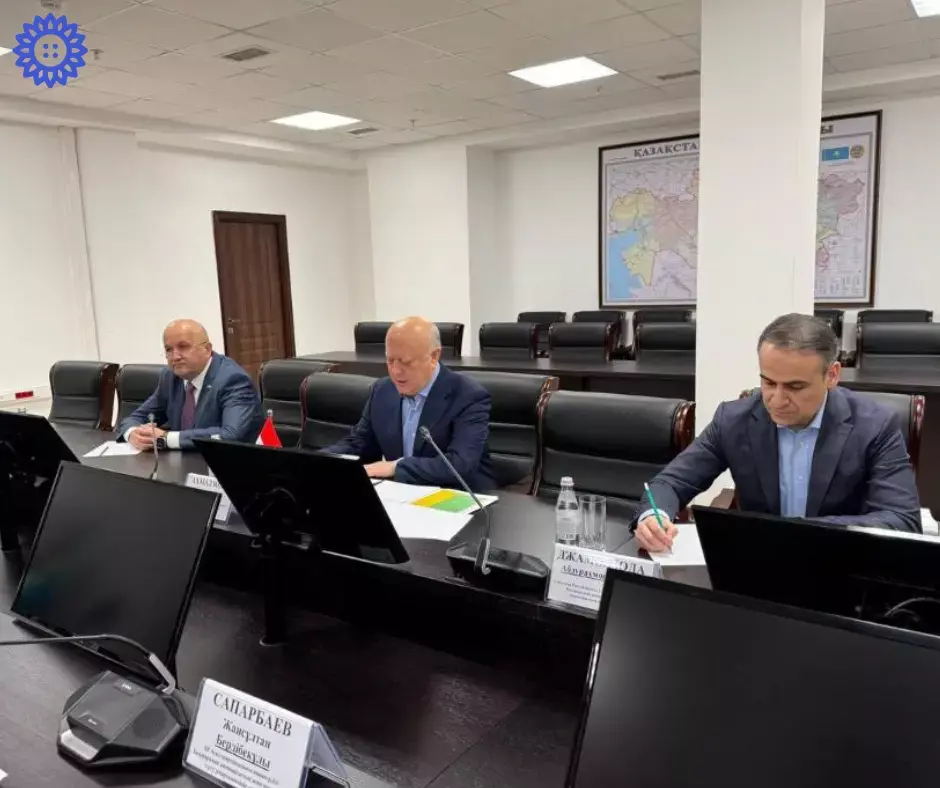09.01.2025, 13:35
Kazakhstan proposed increasing grain exports to Tajikistan.
Kazakhstan and Tajikistan discussed expanding grain exports and enhancing cooperation in the agricultural sector. The implementation of these initiatives is expected to strengthen food security in Central Asia.

Minister of Agriculture Aidarbek Saparov met with Nurmakhmad Akhmadzoda, Director of the Agency for State Material Reserves under the Government of Tajikistan, to discuss cooperation in the agricultural sector and strategies for improving food security. The talks focused on increasing grain export volumes, according to the press service of Kazakhstan's Ministry of Agriculture.
Tajikistan is traditionally one of the key markets for Kazakh grain. According to KTZ, Kazakhstan exported approximately 1.3 million tons of grain to Tajikistan in 2024, including 633,000 tons from the current harvest. This represents a 57% increase compared to the same period in 2023.
“We need to accelerate our efforts and increase export volumes. Additionally, we propose organizing flour exports. Kazakhstan is ready to create all necessary conditions to strengthen cooperation,” noted Aidarbek Saparov.
Furthermore, Tajik representatives expressed interest in increasing imports of sugar, vegetable oil, and meat. The Minister of Agriculture assured his readiness to support the development of cooperation in these areas.
According to Aidarbek Saparov, the implementation of these initiatives will enhance trade and economic ties and contribute to food security in Central Asia.
🔑 Key Highlights:
🔹 Expanding grain and flour exports to Tajikistan: Kazakhstan proposed increasing the supply of grain, including flour, and is ready to create the necessary conditions for cooperation.
🔹 Growth in new harvest exports: In 2024, grain exports from Kazakhstan to Tajikistan grew by 57% compared to the same period in 2023, highlighting Tajikistan’s importance as a key market.
🔹 Cooperation in food security: Discussions included expanding supplies of sugar, vegetable oil, and meat, as well as strengthening trade and economic relations across Central Asia.